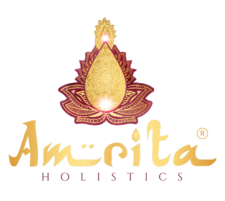

Stress and anxiety has almost become an accepted part of todays’ – modern day life, and society. But it doesn’t and shouldn’t have to be. This is not the way we were meant to live!
In a government survey, by the HSE, for the year 2020/21 (published Dec 2021) work-related stress, depression or anxiety accounted for 50% of all self-reported work related ill health absence in Great Britain. According to the National Institute of Mental Health, about 31% of adults in the U.S will have an anxiety disorder at some point in their lives. In a recent survey by the Mental Health Foundation, UK it was found that 74% of people surveyed have experienced stress to the extent that they have felt overwhelmed or unable to cope.
Typically more women are affected (or are reported to be) by anxiety disorders than men.
The statistics speak for themselves, we know that this is an ever increasing and common problem in todays’ society. The fast paced world we live in now is very different to the way we used to live. Everything is instant, we are under constant pressure to keep up, respond to messages, juggle several tasks all at once, have never ending to do lists, incessant phone messages, calls, emails and so on. We are constantly “plugged in” to our phones, devices, social media and bombarded with a perpetual external “noise”. Our systems are like finely tuned instruments and not designed to live like this. With all the noise, constant distraction, electromagnetic fields of our devices, light and noise pollution, lack of sleep and so on, it is very easy for us to become out of sync with the natural rhythms of nature. In turn our sensitive internal systems, become disrupted and imbalanced – on all levels, physical, mental, emotional, spiritual.

Our Nervous System – and the Fight or Flight Response
The parasympathetic nervous system is part of the body’s autonomic nervous system. It works together with the sympathetic nervous system, which control’s the body’s fight or flight response.
The parasympathetic nervous system controls the body’s ability to relax, as well as recover from a stressor. It is often referred to as the “rest and digest” state. It helps maintain functions such as the resting heart rate; metabolism; and resting bronchial constriction, which affects the rate of breathing. It essentially keeps one in a relaxed and regulated state.
When we have experienced an external stressor, as soon as the threat of danger / stressor is removed, our parasympathetic nervous system is designed to downregulate our system via the vagus nerve to bring us back to a normal, relaxed, balanced state.
In days of old this is likely to have been a relatively quick process and once the threat/ danger or stressor subsided our system will regulate and return to normal again.
However in todays’ world, when we find ourselves in a constant state of stress, our heart rate, blood pressure can remain elevated rather than calming down and keeping everything in our bodies on “high alert” for abnormally long, if not ongoing periods of time. This plays havoc with the sympathetic nervous system, and can also mean that cortisol (stress hormone) levels stay high, which can have a knock on effect, leading to many other health implications.
Chronically high levels of cortisol can increase the risk of a variety of health issues, as well as cause sleep disturbances, digestive issues, depression, and weight gain. Excess cortisol can also lead to weight gain, particularly around the abdomen.

The long-term activation of the fight-or-flight response and high cortisol levels can lead to many health issues, including:
- Difficulty concentrating/brain fog
- Getting sick more often/immune weakness/ auto immune disorders
- High blood pressure
- Insomnia or trouble sleeping
- Digestive trouble like diarrhoea, Irritable Bowl Syndrome (IBS) and /or malabsorption issues
- Irritability
- Changes in mood
- Weight gain or loss (often due to hormonal changes)
- Sugar and carbohydrate cravings
- Teeth grinding
- Fatigue
- Mental health issues
- Obsessive or compulsive behaviours
Managing Stress & Anxiety Naturally with Yoga and Ayurveda
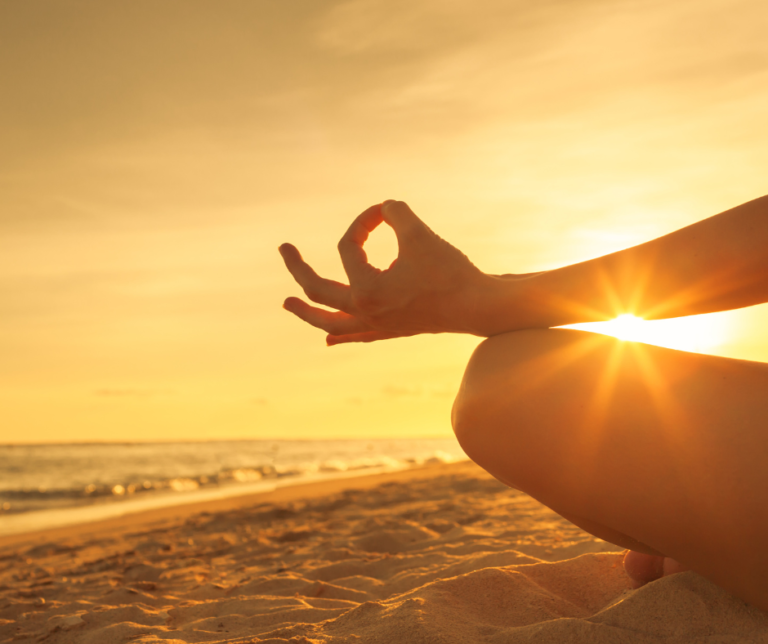
The ancient science and practices of Yoga and Ayurveda can naturally help us in reducing stress and anxiety. Indeed the whole philosophy of yoga is one that naturally aims to increase Sattva (the energy of peace, calmness, harmony and balance) and therefore in turn helps balance Vata and Pitta doshas, calms, soothes the nervous system and reduces stress and anxiety.
Based on the principles of Yoga and Ayurveda here are some general high level tips that can help in living a more balanced life, and therefore also benefit our overall mental, physical and spiritual health and well being. When implemented consistently in our daily lives, they can definitely help reduce feelings of nervous tension, stress, overwhelm and anxiety:-
* Breathe – Ensuring you are breathing correctly – deeply from within the stomach, and thus utilising more of the lung capacity, to circulate Prana (vital life force energy) more effectively, and overall calming the nervous system.
* Sadhana – set time aside daily for yogic practice, asana, pranayama, mantra, meditation.
* This goes hand in hand with sadhana – but generally cultivating a moment to moment awareness – staying in the present. Mindfulness practices such as the five senses (focussing on 3 things you can see, hear, smell, taste and touch for example), or grounding practices can help to bring the mind gently back and refocus on the here and now.
* Having a daily routine (dinacharya) eat, sleep at regular times. Honour and synchronise with the cycles of nature, times of day, the changes of season accordingly.
* Journalling – helps keep things into perspective… Include daily gratitude list as part of this – it helps in cultivating a vibration of love and gratitude.
* Be mindful of what you are focussing on, watching, listening to and who you are spending time with – your diet is not only what you eat!
* Switch off and disconnect from social media and all devices in general. Cultivate discipline around this and have set times for switching off during the day. Especially important is to turn off the devices, phones, TV’s, tablets computers and so on, ideally at least one if not two hours before bedtime.
We are all energy and have a certain frequency and energy field of our own. The electromagnetic field (EMF) emitted by electrical devices can vary depending upon the device, however the energy and light they emit will have an effect on our own and can also be the cause of imbalances in our energy and systems, contribute to disturbances in sleep patterns and so on. This is why it is so important to switch off and take breaks from it as much as possible – and especially not to be exposed to it while we sleep – the time when our bodies are in rejuvenation, restoration and repair mode.
* Diet – eat healthy whole- foods, vegetarian or vegan is preferable and try to eat a sattvic diet as much as possible. Mindfully cooking healthy, nourishing meals, that are seasonal and with locally sourced produce, as much as possible, can also be a grounding practice in itself. While cooking you can also say prayer, or mantra, putting positive intentions in the food you are going to eat.
* Cut down on caffeine and if you do drink tea or coffee, it is suggested that you do so in moderation (to only 1 – 2 cups a day) and only at certain times of day. For example during the first part of the day only and at least half an hour to an hour after eating food. This is so that the caffeine does not disturb sleep patterns or inhibit the absorption of certain vitamins and minerals.
* It is not advisable to drink coffee or any caffeinated drinks first thing in the morning on an empty stomach. At this time of day cortisol levels are already naturally high, as this hormone (among other things) helps with the regulation of energy making one feel alert naturally around the time you wake up. Coffee increases cortisol (the stress hormone in the body), which can have a detrimental effect on hormonal balance, weight and can even affect blood sugar levels.
Tip – replace caffeinated drinks with herbal teas that have additional health benefits, such as tulsi, lemon, ginger & honey, peppermint etc.
* Having non- negotiable time for yourself to do the things you love, such as reading, writing, creative projects, spending time in nature or with loved ones, hobbies and all the things that bring you joy.
* Taking regular, moderate exercise. Numerous studies have shown that those that exercise regularly have lower stress levels than those that don’t. Exercise, that is regular and moderate helps to reduce stress hormones such as cortisol and increase endorphins (our happy / feel good hormones). Taking regular exercise also helps to clear the mind and improves the quality of our rest and sleep. With a clearer mind concentration levels will also improve and meditation tends to be deeper and more beneficial. Overall you will feel more productive, happy, balanced and at peace.
* Spending time in nature and / or with animals. Connecting with nature, going for a walk in a forest or nature place, simply sitting in the garden, and spending time with animals, greatly helps to bring peace and calm to the nervous system. For example, doing things like growing vegetables or flowers, exercising outdoors or being around animals can have many positive effects that improve both mental and physical well being, such as reducing feelings of stress, anxiety, depression, anger and can help you to feel more relaxed, calm and balanced. Many studies have shown that spending time in nature reduces cortisol levels, whilst increasing endorphins and serotonin levels.
* Practice connecting with your breath – bringing your awareness to your breathing pattern, the sensation of air as it goes in and out the nostrils, visualising the air filling up and emptying the lungs for example. This can help to ease stress and anxiety, when these feelings arise and can also be practised regularly to naturally calm the nervous system and reduce and to help prevent these feelings and symptoms from arising in the first place.
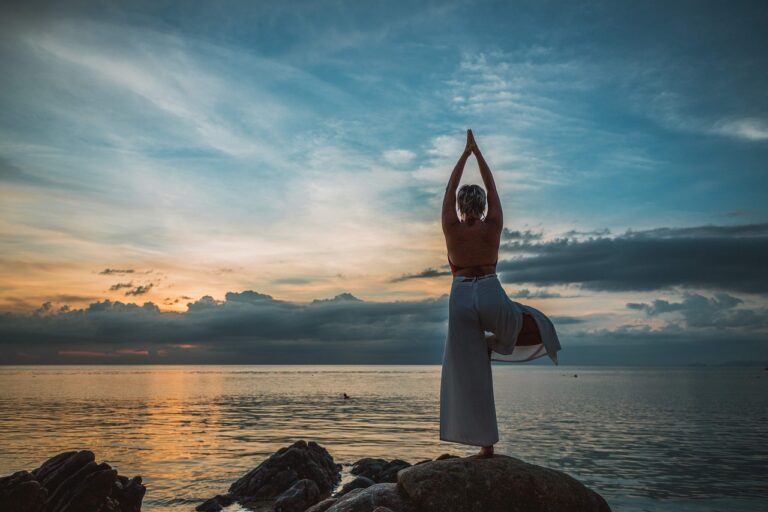
Simple Any Time Breathing Practice
One of the most basic things people have forgotten to do and can help calm and relieve tension almost instantly is connecting with the breath – focussing on it as a way to control and utilise our prana (life force energy), for our highest good.
When we are stressed or anxious, we tend to breathe very shallow from upper part of our chest only. Barely using any of our potential lung capacity.
When we re- learn to breathe through belly, we naturally take deeper, slower breaths, which has an instantly calming effect on the entire nervous system. Breathing “through” the belly, is something we do naturally as babies – just observe small baby and you will see their belly rise and fall with the breath, rather than the chest.
So take a few moments to sit in comfortable position. With spine straight, head in alignment with neck and spine. Place left hand on heart and right hand on lower abdomen (or whichever way round feels comfortable for you).
And just take a few deep breaths here, consciously focussing on the right hand, and breathe deep down from within your stomach, drawing up into the top of the lungs, notice as you inhale deeply the stomach expands and your hand on the stomach rises, followed by the chest. On the exhale, in reverse, the hand on the chest lowers first as we gradually empty the lungs, and then down into the stomach, notice the hand on the belly lowering again.
Inhale and the hand rises, and exhale and it moves downwards. Just focus on the breath and this synchronised movement for some moments.
Continue to be a witness to the breath, in synchronicity with the movement of the stomach.
As you continue throughout your day, be mindful to constantly return back to this deep breathing technique as you go about your day, until it becomes a habit – over time it will make a big difference in calming the nervous system, lowering heart rate, blood pressure and help in reducing stress and anxious feelings.
Yoga asanas that are especially helpful for managing stress and anxiety:-

Ensure your practice is slow and mindful, one of conscious movement with the breath.
Yoga Asana:-
- Padmasana (lotus / meditation posture)
- Paschimottansana (seated forward bend)
- Trikonasana (triangle pose)
- Bhujangasana (cobra pose)
- Shalabhasana (locust pose)
- Dhanurasana (bow pose)
- Sarvangasana (shoulder stand pose)
- Halasana (plough pose)
- Matsyasana (fish pose)
- Vajrasana (thunderbolt pose)
- Shavasana (corpse / resting pose)
Pranayama:-
- (see simple practice outlined above)
- Practice deep breathing for 10 minutes.
- Nadi Shodhana (alternate nostril breathing)
- Bhramari Pranayama
- Meditation is an integral part of any yoga practice. Cultivate a daily practice and set specific time(s) for yourself to sit quietly in meditation, even if it is just for 10 minutes in the morning an evening time. With regular practice you will notice the benefits.
- Om Chanting, is extremely calming and beneficial practice for soothing the nerves and bring a sense of peace and overall balance.
- Practice Yoga Nidra for 20 – 30 minutes at night before bed.
Ayurvedic Herbs That May Help to Reduce Stress and Anxiety
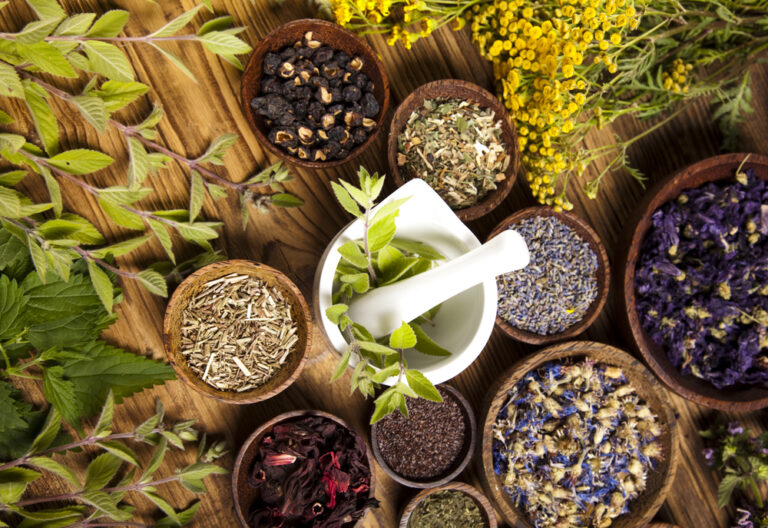
Ashwaghanda and brahmi are both adaptogenic herbs, which may help to increase the ability to resist stress and strain on your body and mind. Helping to soothe and calm the nerves and boost mood.
They can also help to lower cortisol levels, improve cognitive functioning, improve sleep and boost immunity.
Always consult with your doctor or a qualified Ayurveda Doctor or practitioner first before taking supplements for the first time and especially if you have any underlying health concerns or are already on medication. Some contraindications may apply.
Aromatherapy for Stress and Anxiety
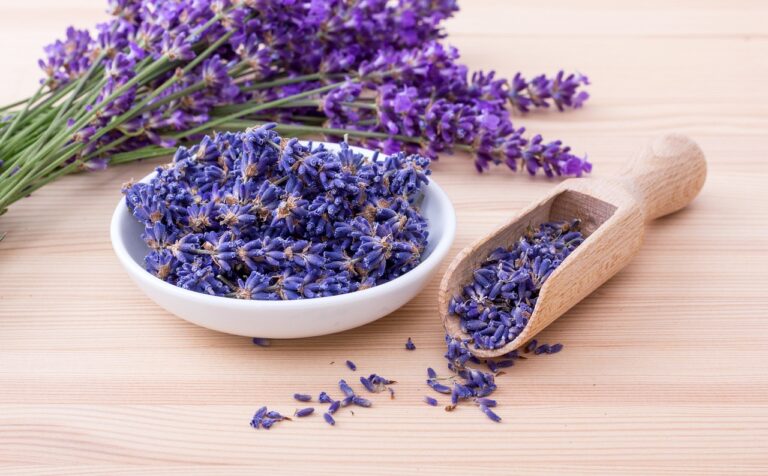
Aromatherapy is a powerful tool for stress relief.
Studies have shown that inhaling a blend of certain essential oils can reduce stress and anxiety levels while also regulating blood pressure and heart rate.
It also works fast – the effects can be felt almost instantly, as soon as the oil is breathed in – the molecules reach the brain within seconds, or when applied to the skin – they are absorbed into the bloodstream and work on a celluar level to support wellbeing within minutes.
Using aromatherapy essential oils that are known to reduce feelings of stress and anxiety, such as lavender, sandalwood, frankincense, rose, ylang ylang, bergamot and jasmine. These essential oils are well known to have calming, balancing, soothing effects and actually help soothe and relax the nervous system.
I recommend a calming blend of frankincense, ylang-ylang, bergamot and lavender, that will also support in uplifting mood.
Using a diffuser in your home, or work space is one of the easiest and safest ways to use essential oils to create a calming and peaceful environment as well as calming the nervous system.
You can also add essential oils to a bath with some Epsom salts. Epsom salts contain magnesium which is absorbed via the skin and is also known for its calming effects (though please note that epsom salts, or indeed magnesium supplements are not recommended for those with low blood pressure or on blood pressure medication).
You can also make up your own calming essential oil blend by adding a few drops of calming and stress reducing essential oils of your preference to a carrier oil such as jojoba, or coconut oil. Use a 10ml coloured glass roller bottle, which will protect the oils from degrading and will also easily fit in your bag or pocket. Be sure to check and use the correct ratio of oils for you and your skin type – consult with a qualified practitioner or aromatherapist if in doubt. Around 3- 5 drops of essential oils to 10 ml of carrier oil for an average adult without sensitive skin or allergies.
If you are using essential oils on sensitive skin, then you should dilute them further. It is recommended to dilute essential oils 1-2% when using them on someone with sensitive skin or on an area of the body that is more sensitive.
If you are using an essential oil for the first time, you should test a small area on the back of your hand or on the bottom of the foot as that area is less sensitive than other areas. It is not recommended to use essential oils near the eyes, inside the ears, or inside the nose.
There are many more tips and techniques that can help to ease and reduce stress, anxiety and their associated symptoms.
I would love to hear from you if this helped, or to share what has worked well and not so well for you.
This article was published in the Focus on Health & Wellbeing Online magazine on 18th December 2023 – click the link below to view the article published there.

To purchase a copy of the E Book – Ayurveda & Yogic Lifestyle – Principles for Living a Healthy Life – send a direct message.

* Please note:- It is advisable to always consult with a qualified aromatherapist first if you have not used these oils before or have any underlying health concerns or skin conditions. Patch test first before using on face. Be sure to always use high quality essential oils and cold pressed organic carrier oils where possible. Oils should always be stored in a dark glass bottle to protect their integrity and healing potency, and avoid plastic leaching.
